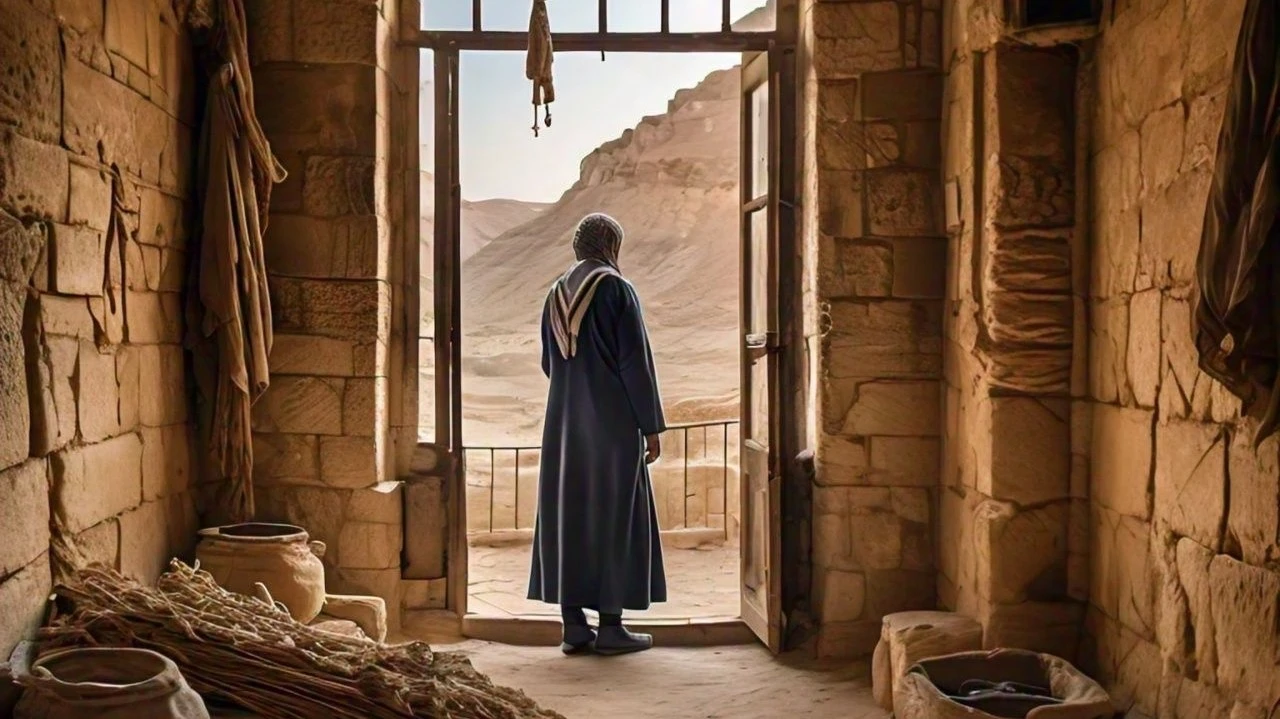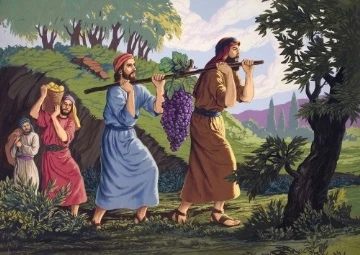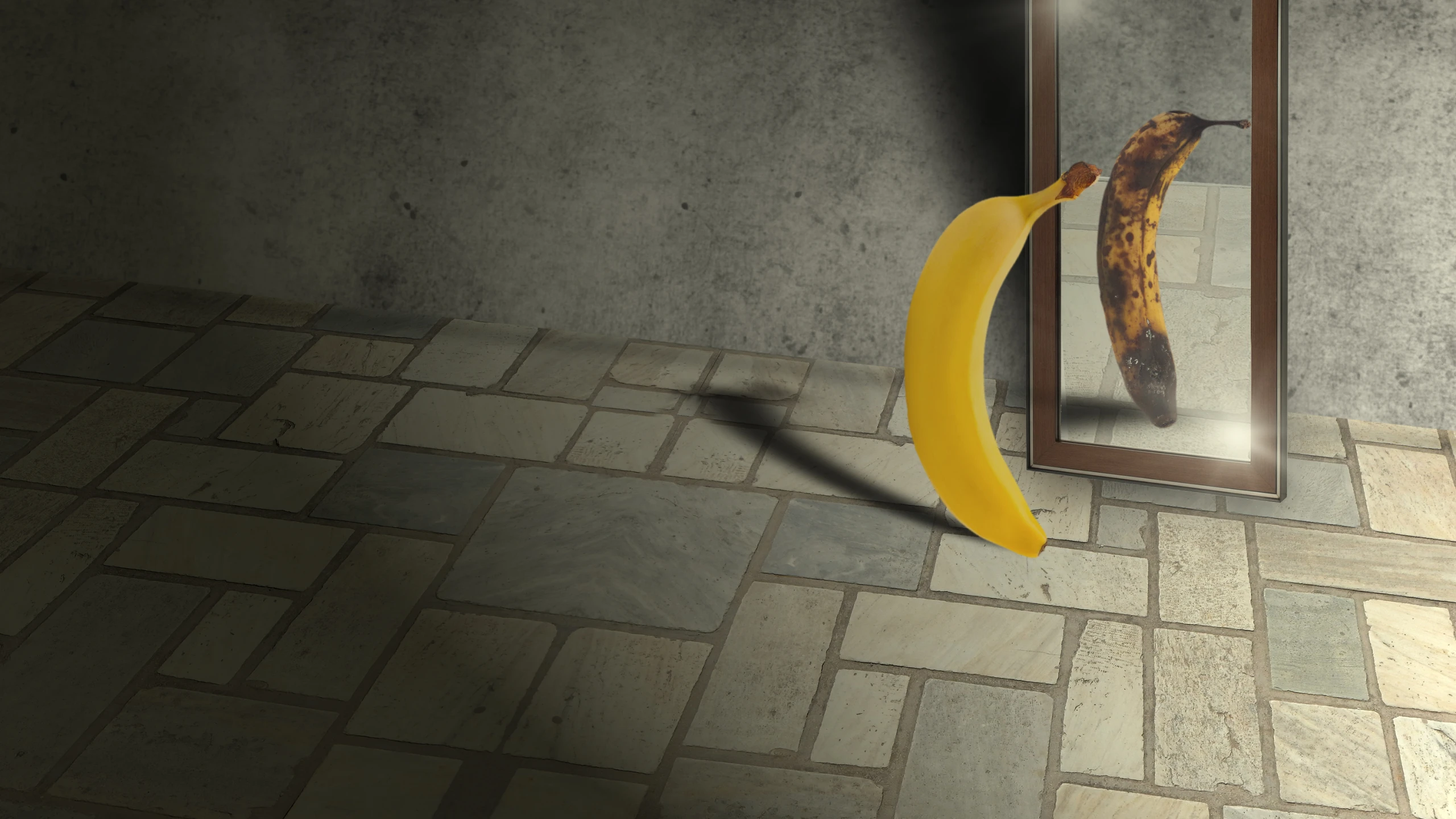Why Doesn’t Moshe Protest the Annihilation of 3 Million Jews?!
How Are We to Understand the Punishments in the Torah?
Likkutei Sichos Shlach #1
- June 24, 2024
- |
- 18 Sivan 5784
Rabbi YY Jacobson
1514 views- 3Comment
- Call-in
Listen to the class on the phone
Call +1 (845) 201-1933
When prompted, dial the ID number below.
9366 MP3 MP4 Source Sheets - Copy Embed
Dedicated by Robert Morgan in appreciation of all the inspiring classes
Class Summary:
This text-based class on Likkutei Sichos vol. 23 Shlach was presented on Monday, 18 Sivan, 5784, Parshas Shlach, June 24, 2024, at Bais Medrash Ohr Chaim in Monsey, NY.
Something very disturbing emerges during the story of the spies. When G-d tells Moses He will annihilate the entire nation, Moshe argues that this will cause the Egyptians to claim that G-d was incapable of bringing the people into the Promised Land. Could Moses not find any other rationale to influence G-d not to annihilate an entire nation of some three million people, men, women, and children, save the fact that it won’t look good for the neighbors?!
Moshe should have said: “These are Your creatures, which you created. These are Your children, Your nation, which You have taken out of Egypt and chosen as Your people! Have compassion for them!” This is exactly what he said at a previous disaster when the nation constructed the Golden Calf, and G-d wanted to annihilate them.
At the Fabrengen of Shabbos Parshas Shlach 5740 (1980), published in Likkutei Sichos vol. 23 Shlach, the Lubavitcher Rebbe offered a paradigm shift in understanding rewards and punishments in the Torah.
Tags
Categories
Likkutei Sichos Shlach #1
Rabbi YY Jacobson
- June 24, 2024
- |
- 18 Sivan 5784
- |
- 1514 views
Dedicated by Robert Morgan in appreciation of all the inspiring classes
Related Classes
Please help us continue our work
Sign up to receive latest content by Rabbi YY
Join our WhatsApp Community
Join our WhatsApp Community















Please leave your comment below!
Anonymous -6 months ago
Reply to this comment.Flag this comment.
YYJ -6 months ago
Reply to this comment.Flag this comment.
Shmuel Rosenfeld -7 months ago
How could Hashem tell Moshe Rabbenu that he willstart from him a new nation in Eretz Yisroel. Didnt he already tell him .. עקב אשר לא שמעת בקולי..לא תוכל לעבור את הירדן. Moshe knows that he cant go in?=3
Reply to this comment.Flag this comment.
Alter Egoz -7 months ago
Sometimes what appears as a punishment actually saves
The person from later suffering. E.g. thevchildren were emured in the walls ofcMitzrayim. The complaint to Hashem was that they had done no wrong as little kids so it was unjust Hashem told Hashem told Moshe try to save just one child. He did. That one saved child turned out to be Micah, who caused great problems for the yiddenm
Reply to this comment.Flag this comment.